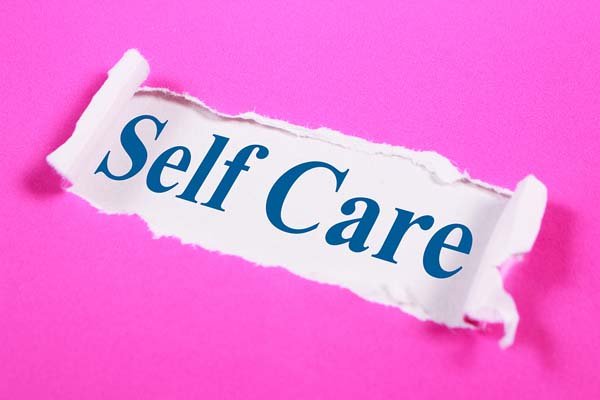The Problem With Self-Care
In a society that is so focused on the individual and our own success, “self-care” is the logical consequence of our failing to recognize how systematically we fail each other and ourselves. Self-care often means facemasks, manicures or essential oils, it can mean establishing better work-life balance or downloading an app that will help you breathe.
Fundamentally all these activities and strategies have something in common: they leave us alone. And not only alone, they often leave us isolated in struggles that are endemic to modern life: the anxiety that if we do not have a plan for our lives by the time we are in our early twenties, we will never amount to any version of success society prescribes for us. The social fear that comes with scrolling through social media or hearing your classmates talk about their lavish spring break plans. And while we ponder, in our lavender-scented isolation about the pressures of the social world around us, it becomes clear what we really need is a different kind of care: that of a community.
Granted, community care is not even remotely as marketable as self-care. Instead of thinking about facemasks, we need to think structurally. Instead of soothing guided meditation, we might have to face the reality of our privilege and oppression. Community care does not appeal to us, I argue, because it questions the individualist narrative that allows us to place responsibility on the people that are struggling rather than examining the collectivist struggle we are all entangled in. If someone has insomnia, we suggest putting away any screens before bedtime, or making time to get physical exercise.
What we almost never suggest is that the pressure of succeeding in college and beyond often requires students to work and study until they cannot hold their eyes open any longer in front of their computer screens. What we do not talk about is the crushing anxiety and depression that almost a third of all Americans suffer from because, in this society, struggle is collapsed to personal failing.
It is simply easier to prescribe someone “make time” to self-care instead of examining underlying issues that are often intricately connected to privilege. Having time to be physically active, or to have the means to afford a therapist or to buy food that is nutritious enough to sustain an individual through a hard day at work are just examples of how self-care is an almost cynical mockery in the face of daily struggle and marginalization. And for those who can afford it, thinking about how we might perpetuate a system that validates the struggles of some while completely erasing those of others is a hard truth to confront.
But it makes it even more important. Community care will mean hard conversations about our privilege, past injustices and current failings instead of fuzzy socks and matcha lattes. With mental health issues, substance abuse and a politized world on the rise, it is time we stop using pink clay-colored goo to patch together a world around us full of systemic problems. It is time for community care.



